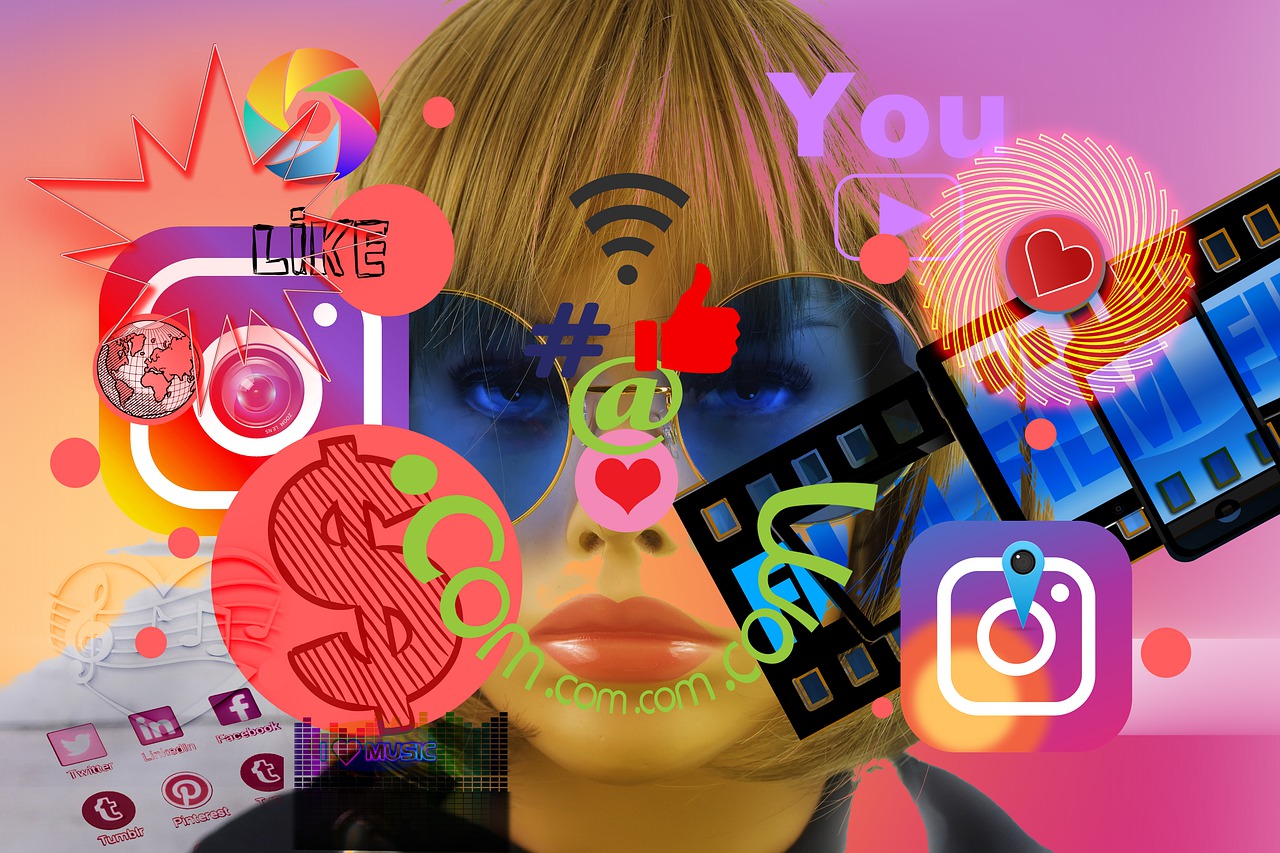
Why Your Favorite Influencer Is Probably a Political Operative
Josh Shear – You follow them for lifestyle tips, viral trends, or motivational content but what if your favorite political operative influencer isn’t just a social media personality? Behind the curated posts and sponsored ads, a growing number of influencers are secretly political operatives, shaping opinions, pushing agendas, and even swaying elections.
How do you spot them? Who’s funding them? And why should you care? This deep dive exposes the hidden world of influencer lobbying, where viral content meets political strategy.
Read More : Why Instagram Is Hiding Your Posts (And How to Beat the System)
Political operatives have infiltrated influencer culture, turning relatable content creators into subtle propaganda machines. Unlike traditional political ads, these influencers blend seamlessly into your feed, making their messaging far more persuasive.
Governments, corporations, and political parties now recruit influencers to push narratives without triggering skepticism. A fitness guru might casually endorse a policy while sharing workout tips. A travel vlogger could drop geopolitical talking points between hotel reviews. The most effective political influencers never reveal their affiliations, making their influence dangerously organic.
Not every political operative influencer is a covert activist, but certain red flags suggest a hidden agenda.
Sudden shifts in content often reveal political operatives at work. An apolitical beauty blogger suddenly discussing healthcare reform? A gaming streamer pivoting to economic policy? These abrupt changes may signal a paid partnership with a political group.
Vague but persistent messaging is another clue. Instead of direct endorsements, political influencers use emotionally charged language, framing issues in ways that align with specific ideologies. They avoid overt campaigning but consistently steer conversations toward predetermined conclusions.
Funding transparency is the biggest giveaway. While most influencers disclose brand deals, political operatives often hide behind vague terms like “awareness campaigns” or “community partnerships.” If an influencer’s content aligns suspiciously with a political party’s talking points, dig deeper into their sponsors.
Who’s bankrolling these covert campaigns? Shadowy networks of super PACs, foreign governments, and corporate lobbyists pour millions into influencer marketing because it works.
Unlike regulated political ads, influencer content bypasses fact-checking and disclosure laws. A foreign government can pay a popular YouTuber to subtly undermine trust in elections without ever triggering a “sponsored by” disclaimer. Corporate interests hire influencers to shift public opinion on legislation affecting their profits.
The most sophisticated operations use multiple layers of intermediaries to hide the money trail. An influencer might be contracted by a PR firm, which is funded by a nonprofit, which receives donations from undisclosed sources. This makes tracking the true agenda nearly impossible for the average viewer.
The danger isn’t just deception it’s the erosion of critical thinking. When political messaging comes disguised as entertainment, audiences drop their guard.
Studies show people are more likely to absorb and believe information from influencers than from traditional news sources. This makes influencer politics a powerful weapon in shaping elections, policy debates, and even social movements. The 2024 election cycle has already seen a surge in influencer-led disinformation, with operatives exploiting viral trends to push partisan narratives.
Younger audiences, who distrust mainstream media but follow influencers religiously, are especially vulnerable. A single viral TikTok can do more to shift youth voting behavior than months of campaign ads.
You don’t have to quit social media, but you should approach political operative influencer content with skepticism.
Always check an influencer’s sponsorship disclosures. If their political posts lack transparency, they might be a political operative. Cross-reference their claims with independent fact-checkers before accepting them as truth.
Notice patterns in their messaging. Do they consistently promote one party’s policies? Do they avoid criticizing certain groups? These could be signs of a hidden agenda.
Support creators who disclose funding and maintain editorial independence. The best influencers distinguish between personal opinions and paid promotions, allowing audiences to make informed judgments.
As regulations lag behind technology, influencer operatives will only grow more sophisticated. Deepfake endorsements, AI-generated personas, and algorithmically amplified propaganda are already in testing.
The only defense is media literacy. By recognizing the signs of political influence, audiences can resist manipulation and demand transparency. The next time your favorite influencer starts preaching about policy, ask yourself: Who’s really behind this message?
Influencer culture is no longer just about fashion hauls and life hacks. It’s a new frontier in political warfare, where opinions are shaped, elections are swayed, and democracy is quietly undermined one viral post at a time.
The most dangerous political operatives aren’t the ones shouting on cable news. They’re the ones hiding in your algorithm, gaining your trust, and changing your mind before you even realize it.
This website uses cookies.